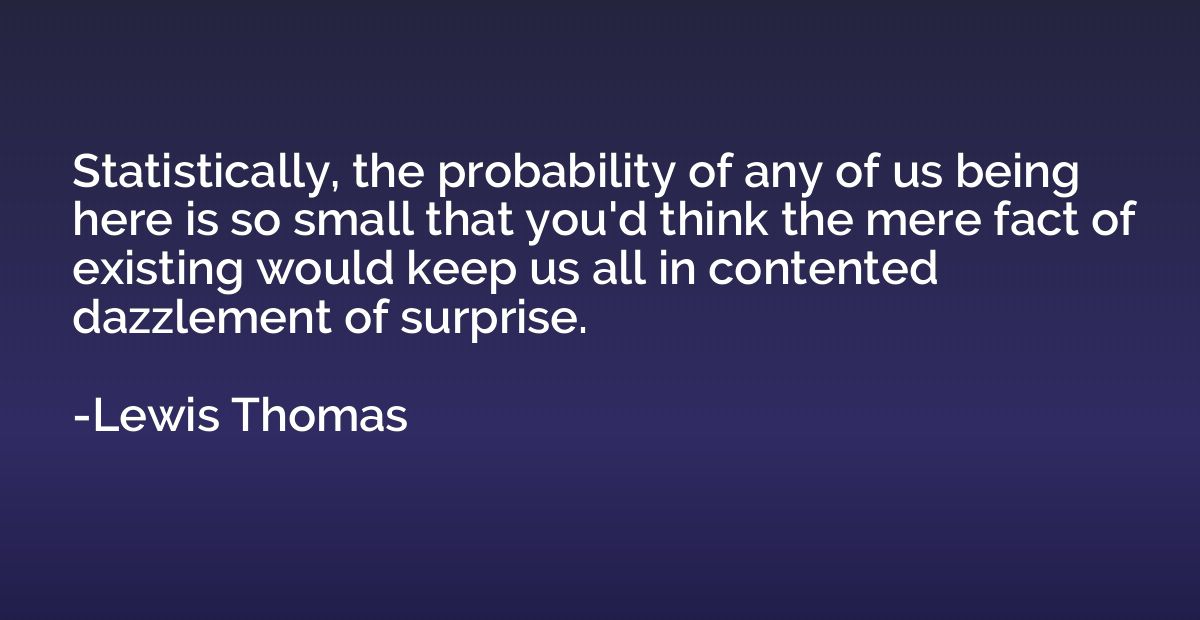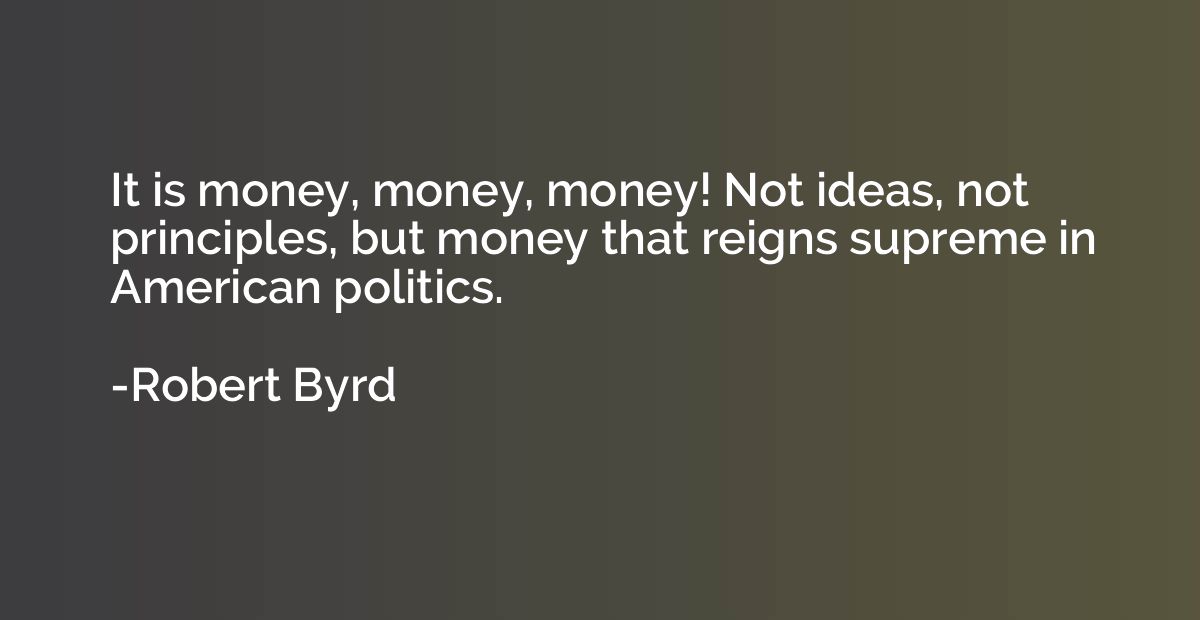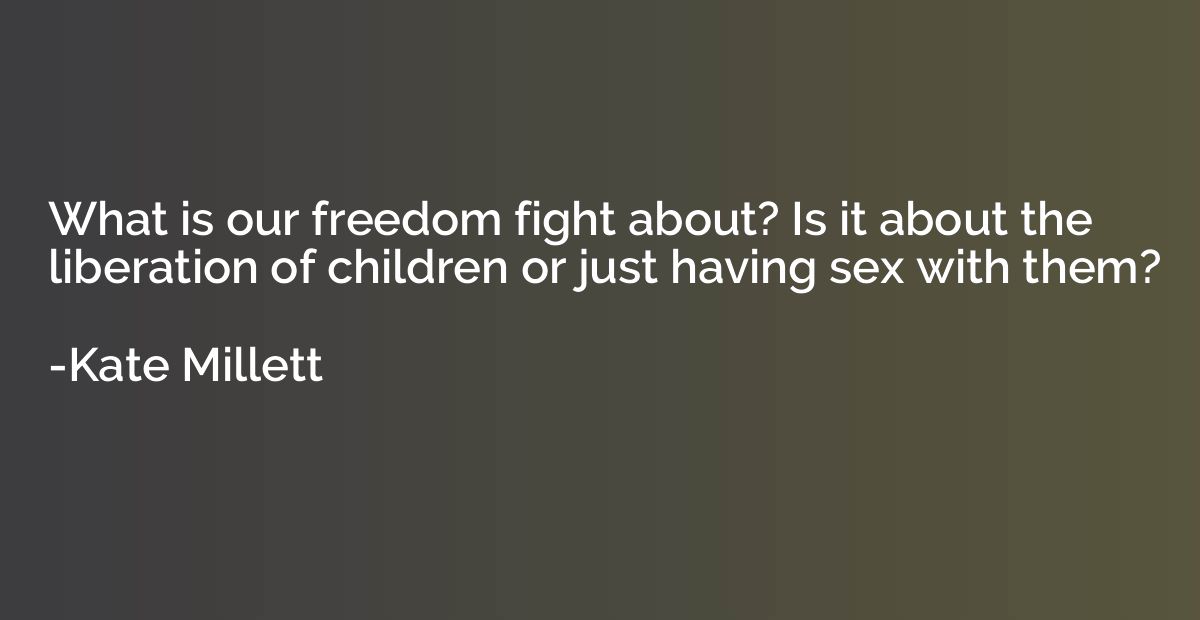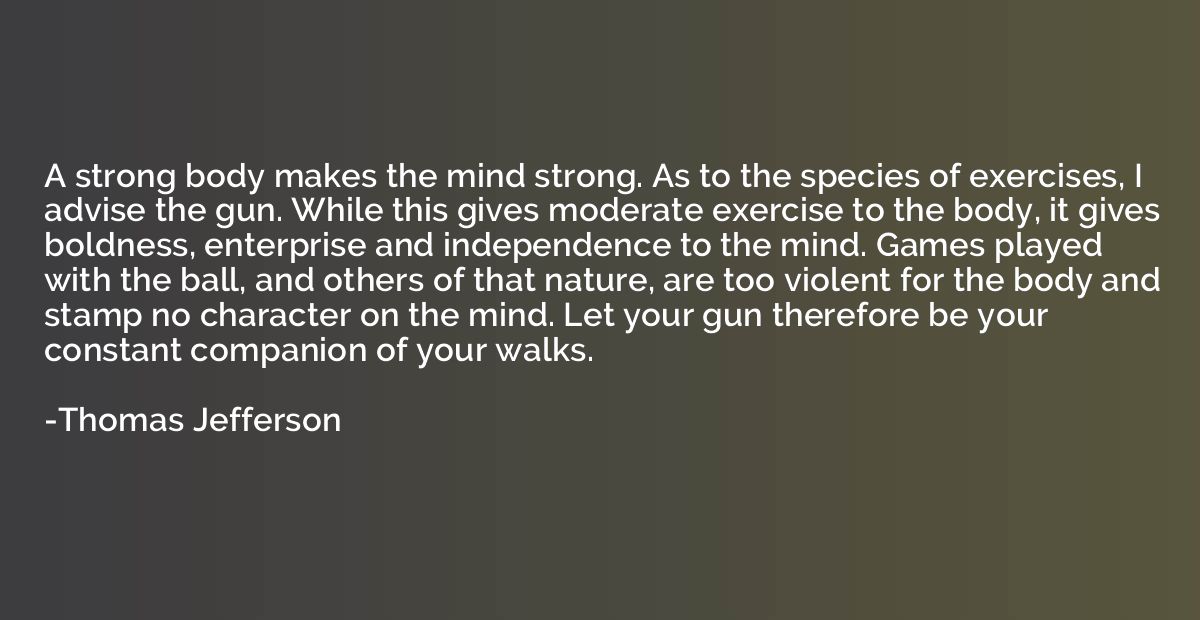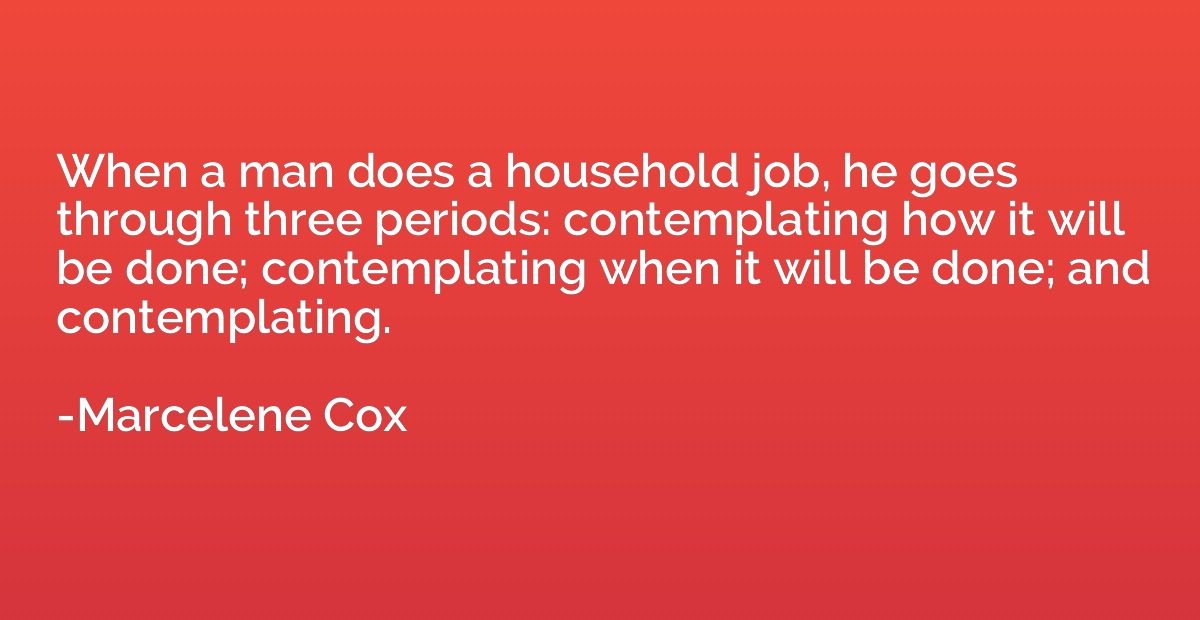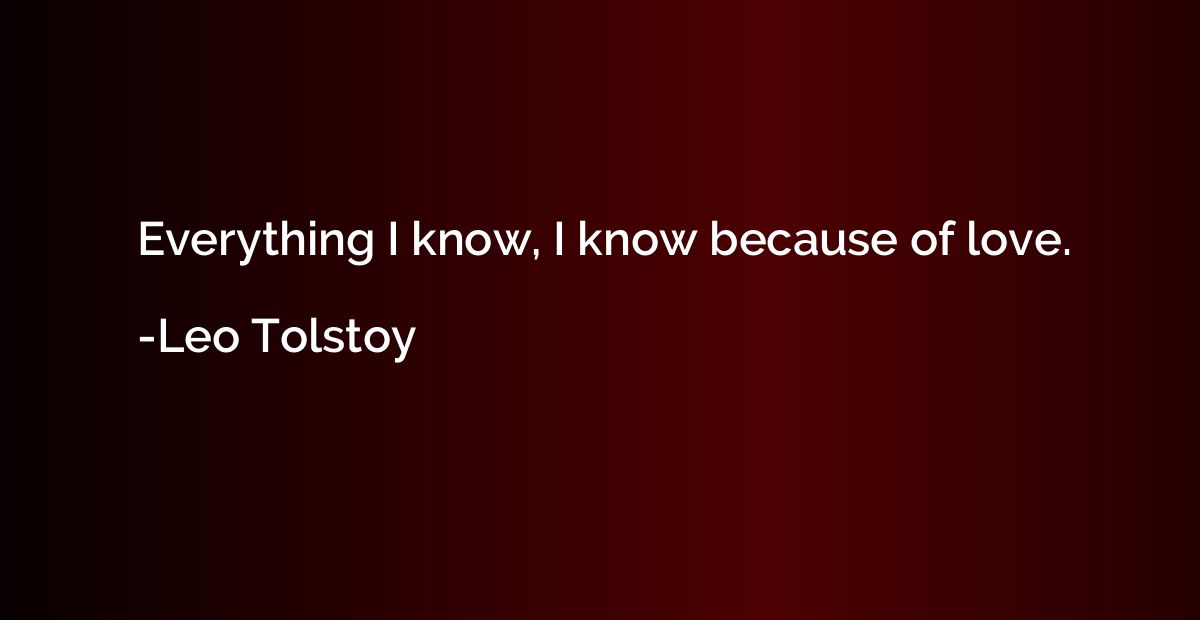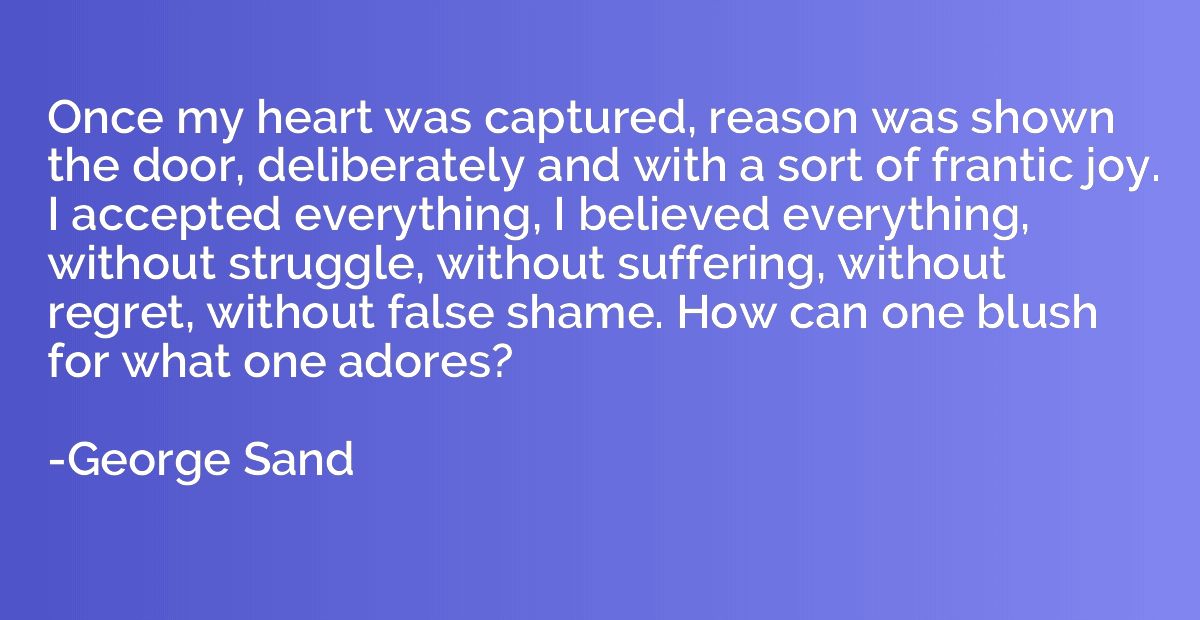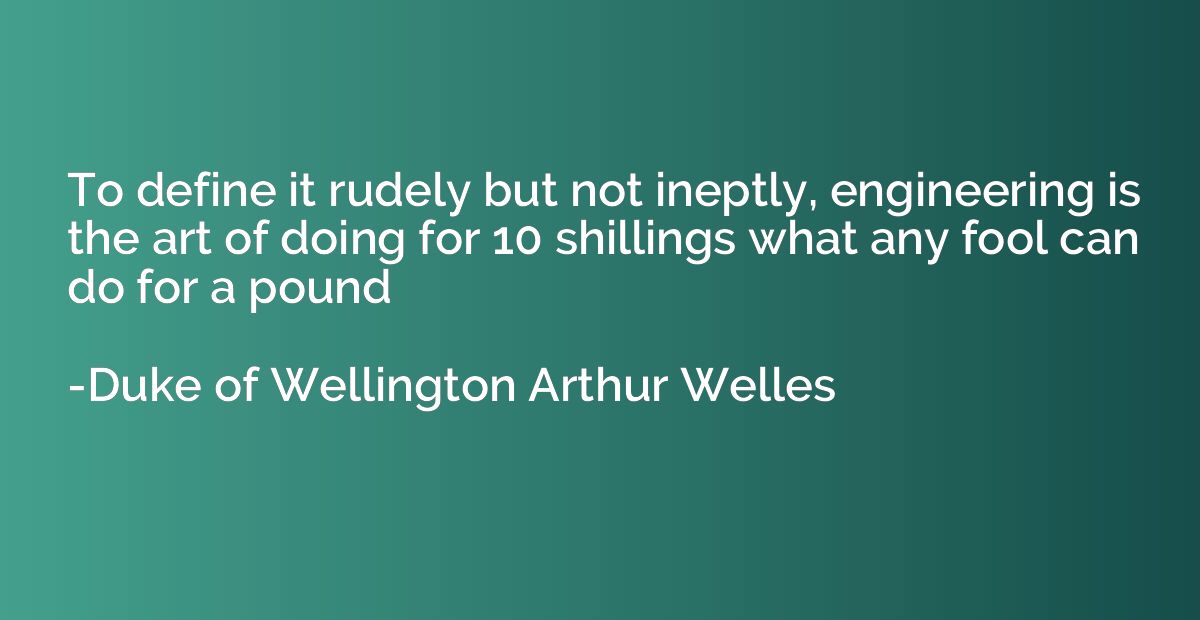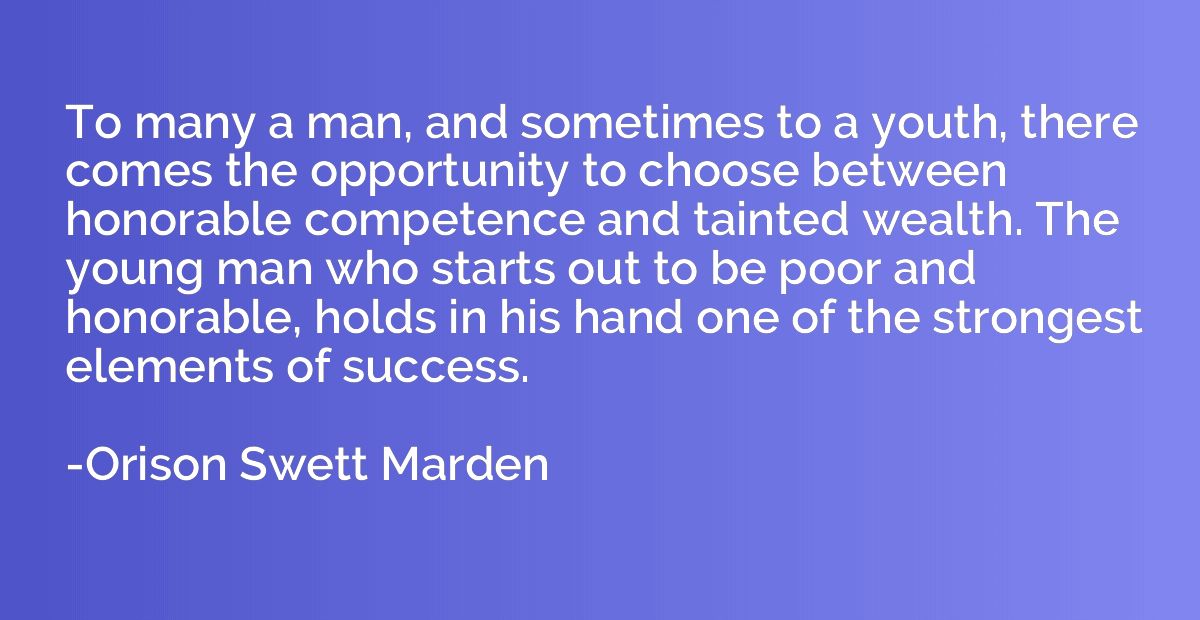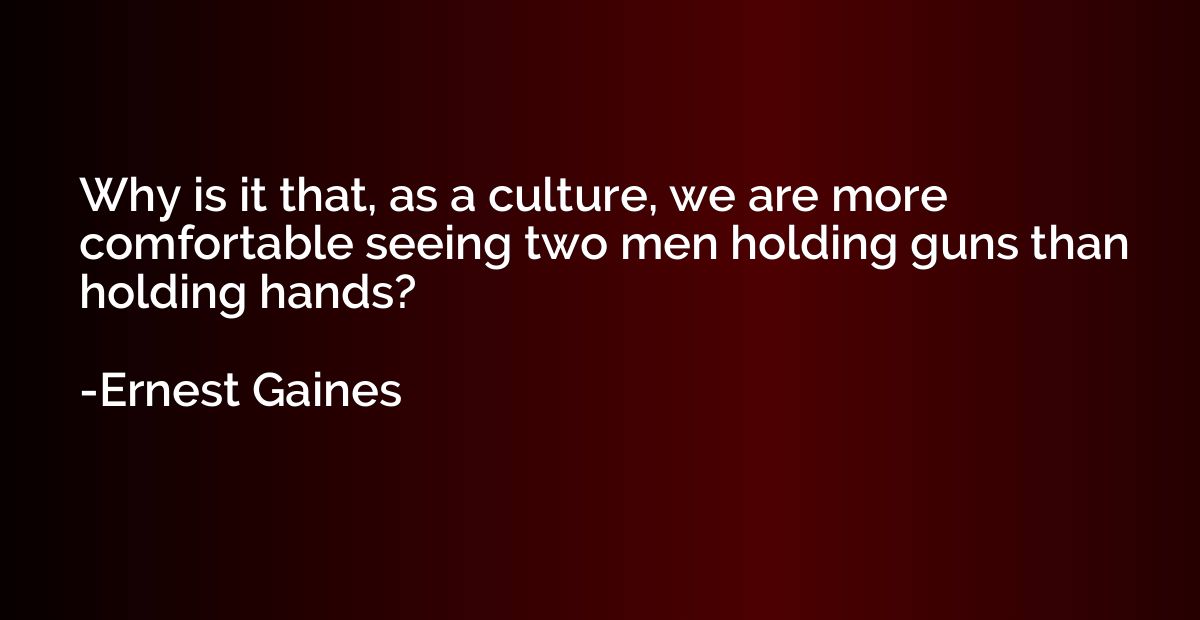Quote by David Brin
...where were answers to the truly deep questions? Religion promised those, though always in vague terms, while retreating from one line in the sand to the next. Don't look past this boundary, they told Galileo, then Hutton, Darwin, Von Neumann, and Crick, always retreating with great dignity before the latest scientific advance, then drawing the next holy perimeter at the shadowy rim of knowledge.
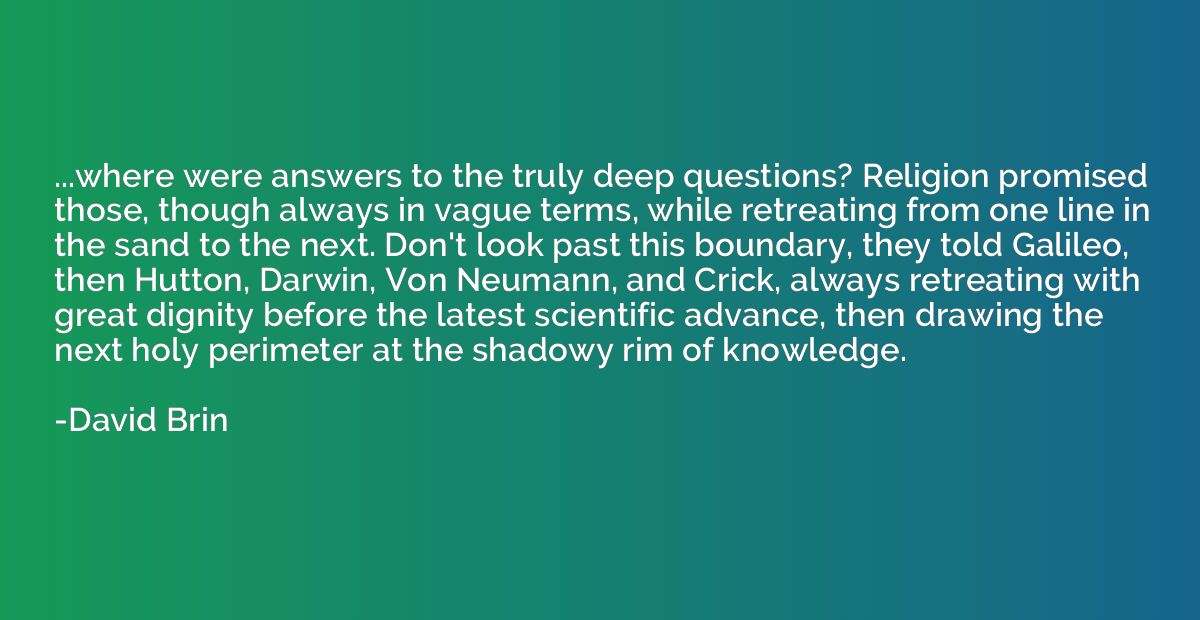
Summary
This quote criticizes religion for offering vague answers to profound questions and constantly shifting boundaries as scientific discoveries advance. It suggests that religion promises to provide insights into deep inquiries but consistently falls short by retreating and establishing new boundaries as scientific knowledge expands. The quote references various thinkers like Galileo, Hutton, Darwin, Von Neumann, and Crick, who pushed the boundaries of knowledge and were met with resistance from religious institutions. The implication is that religion fails to provide satisfactory and conclusive answers to the profound questions that humanity seeks to unravel.
By David Brin



